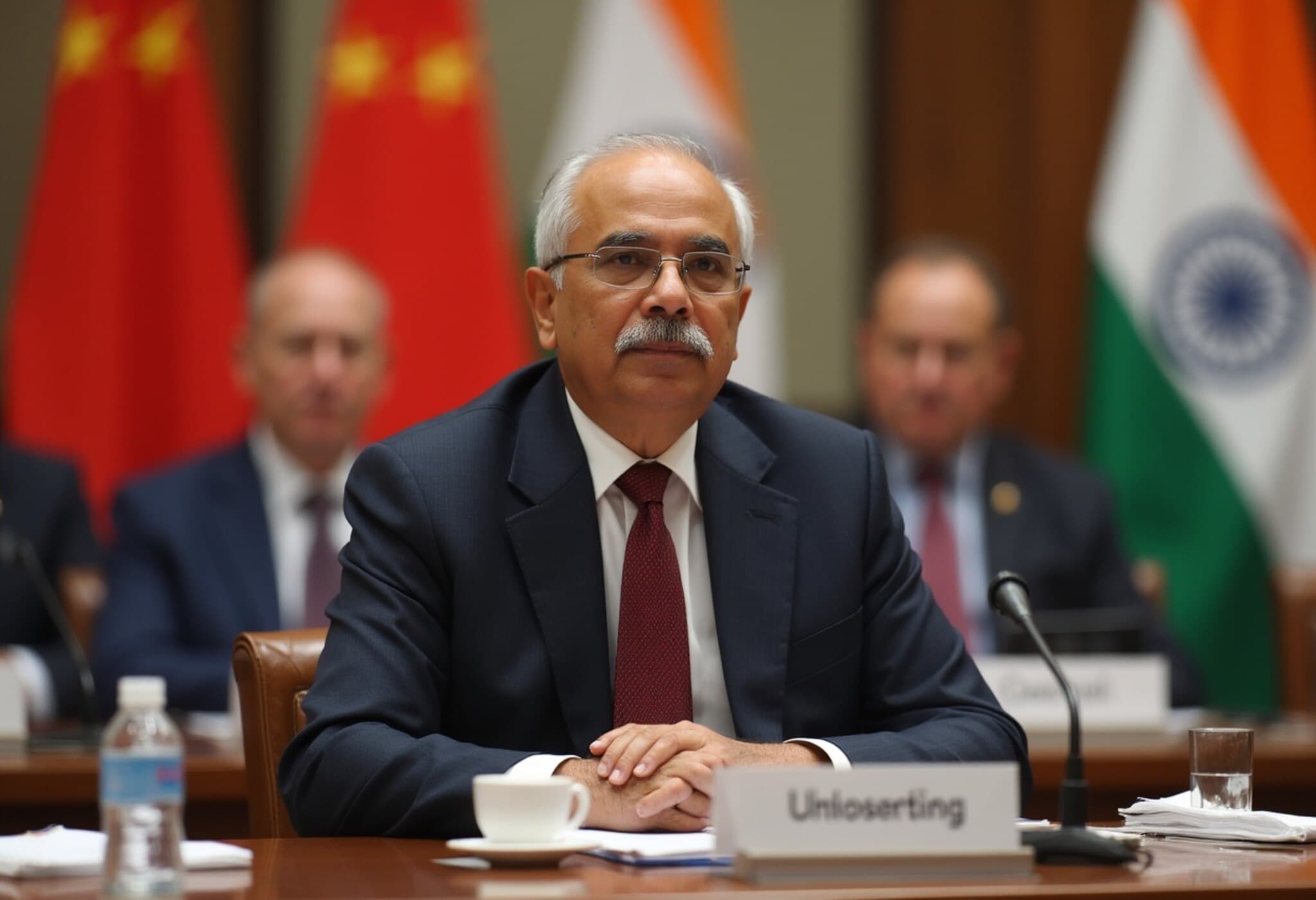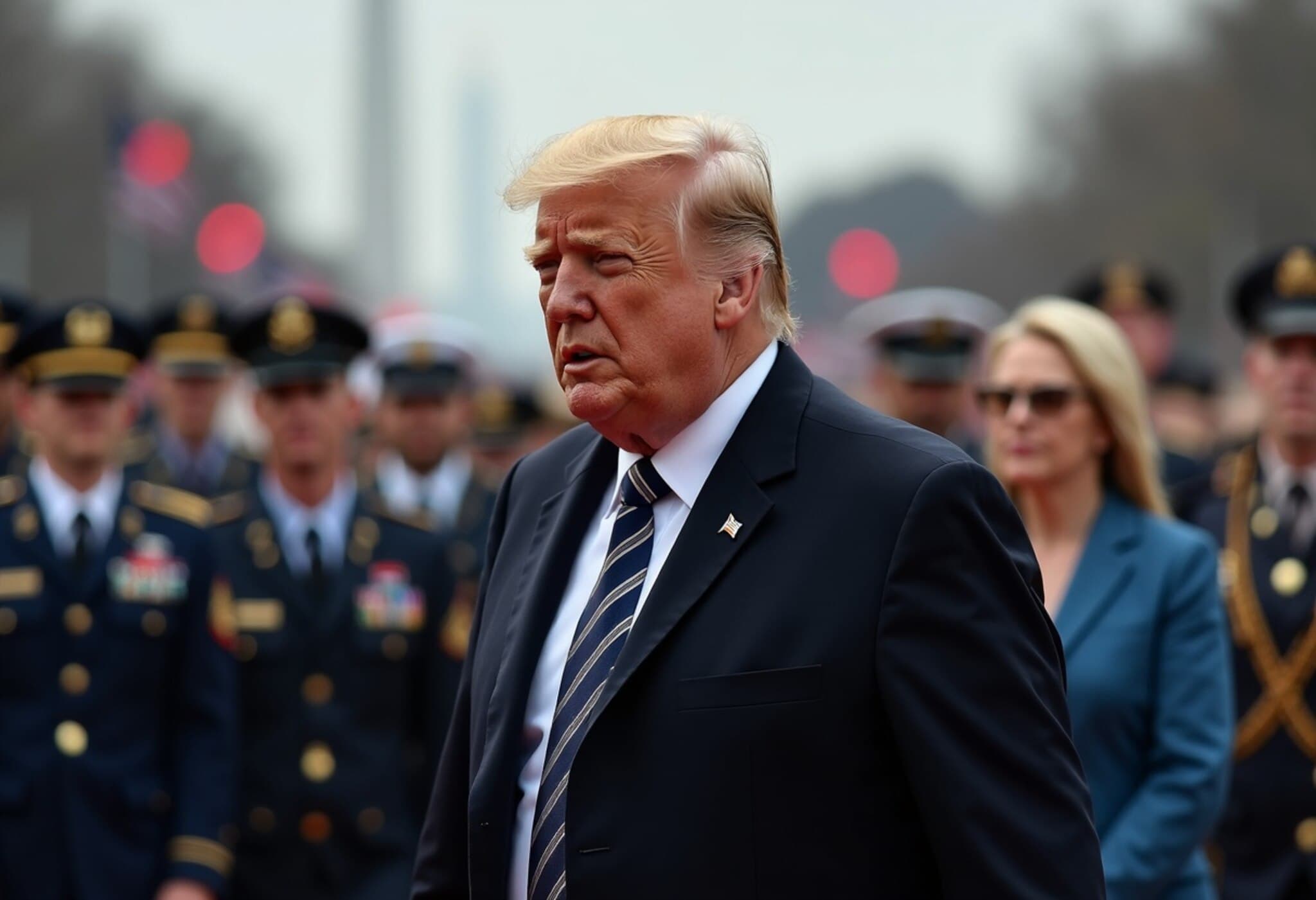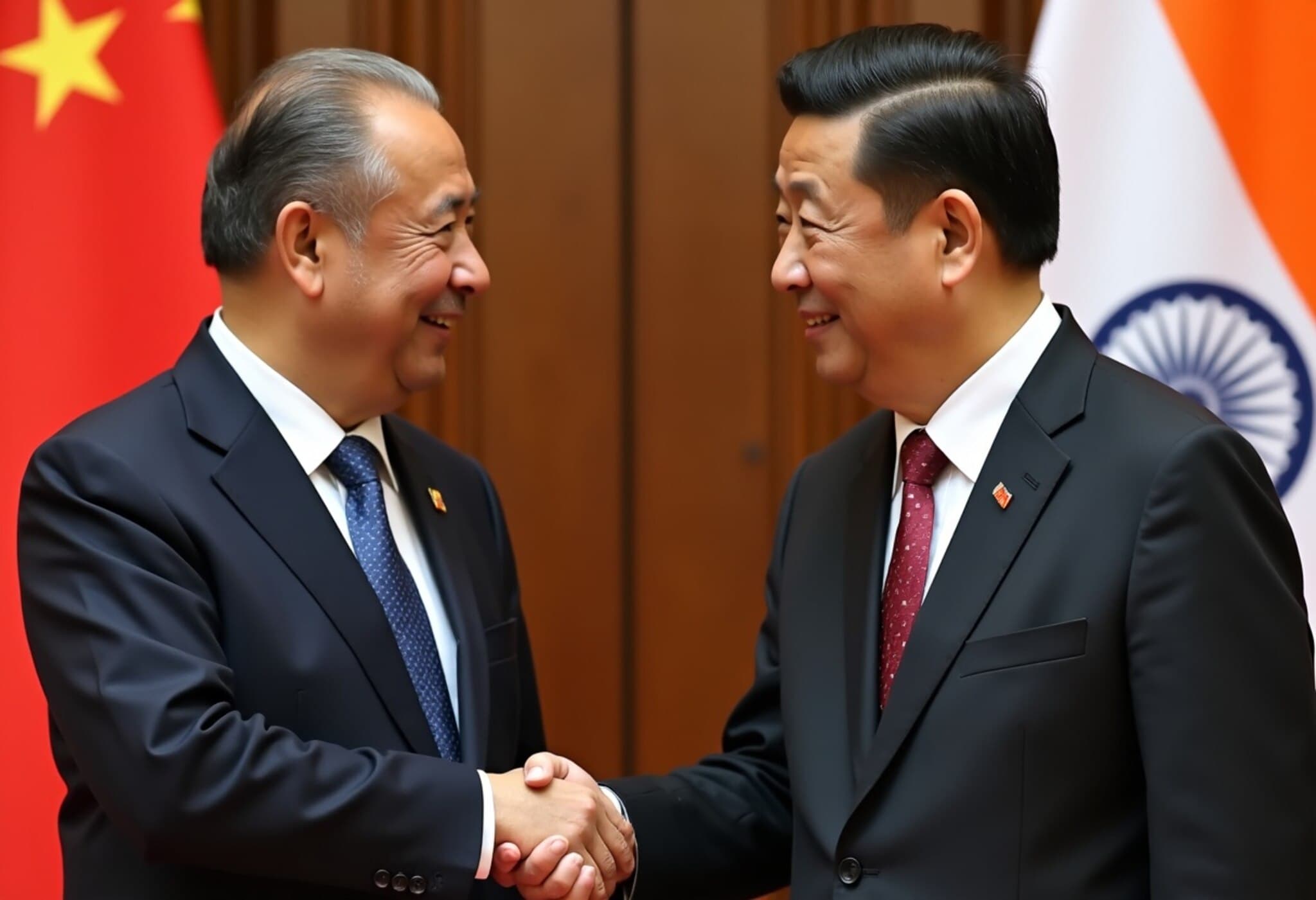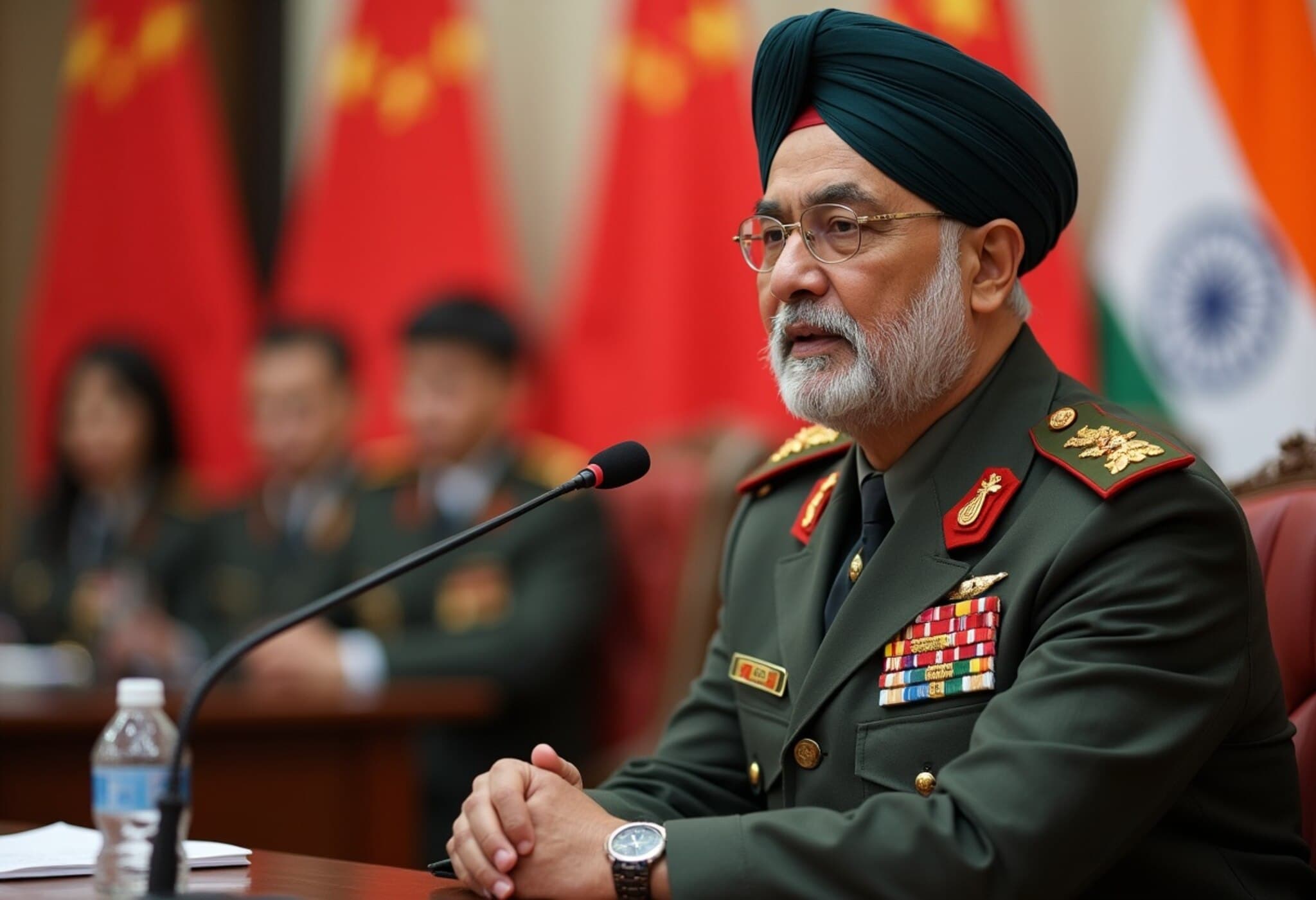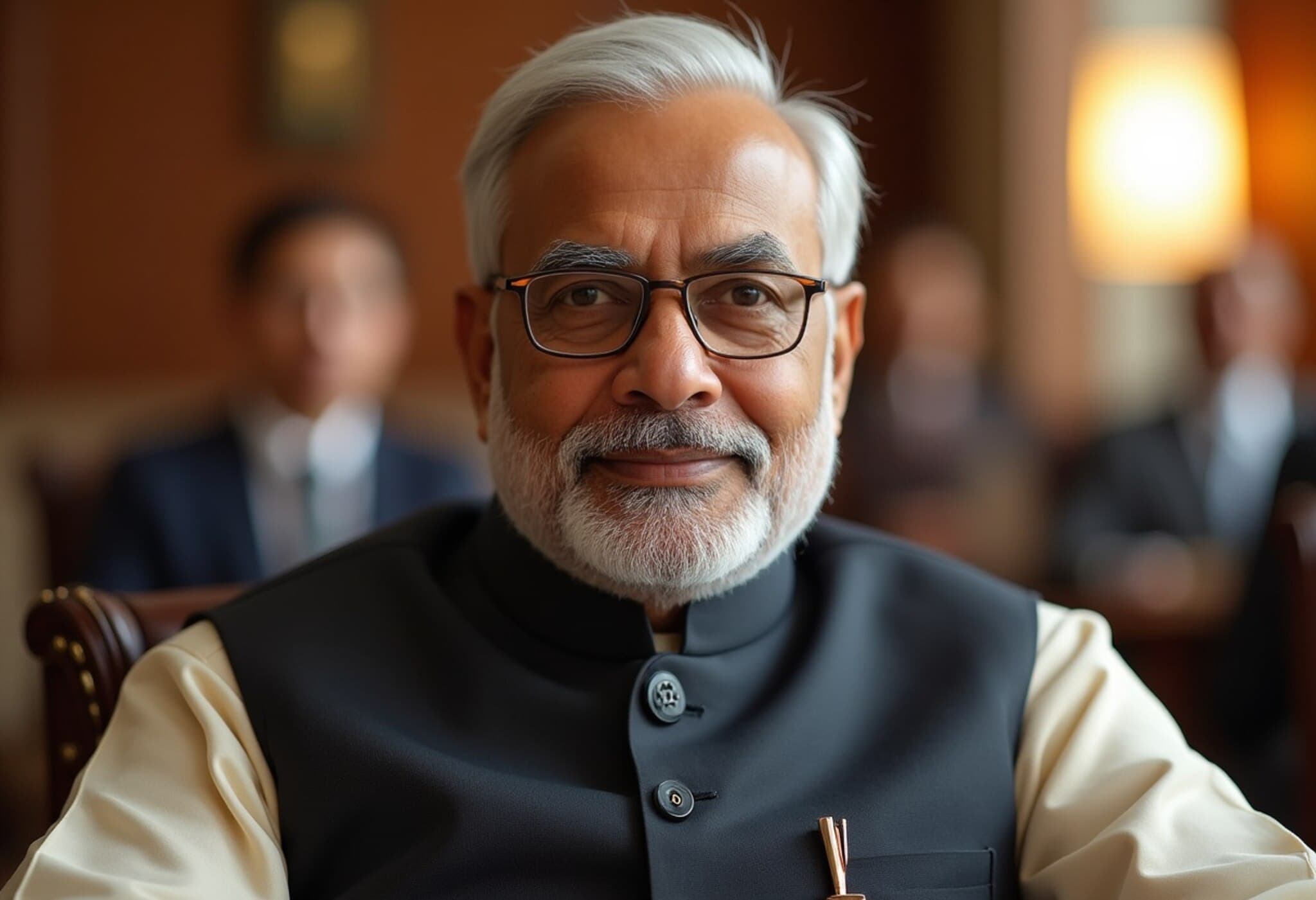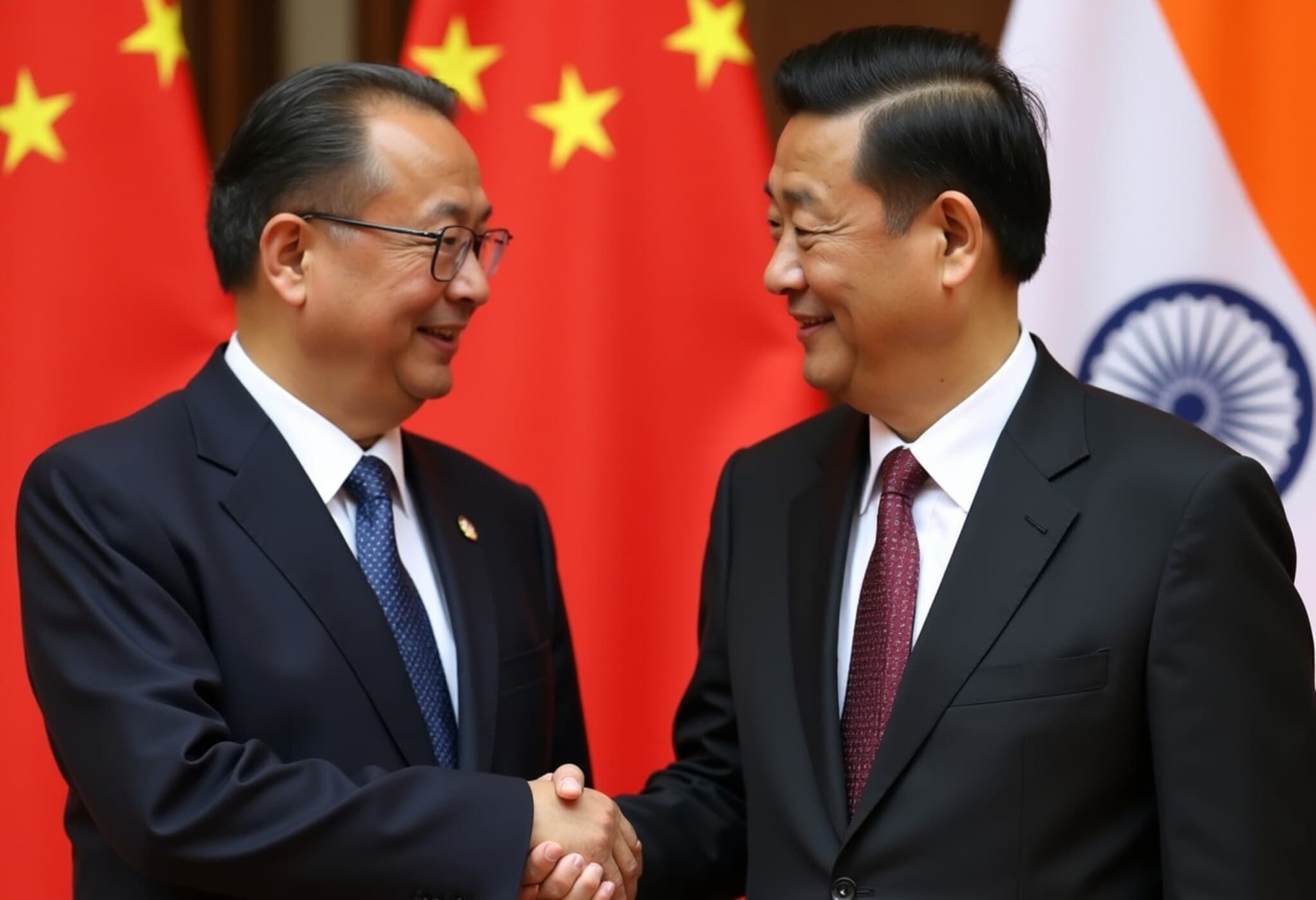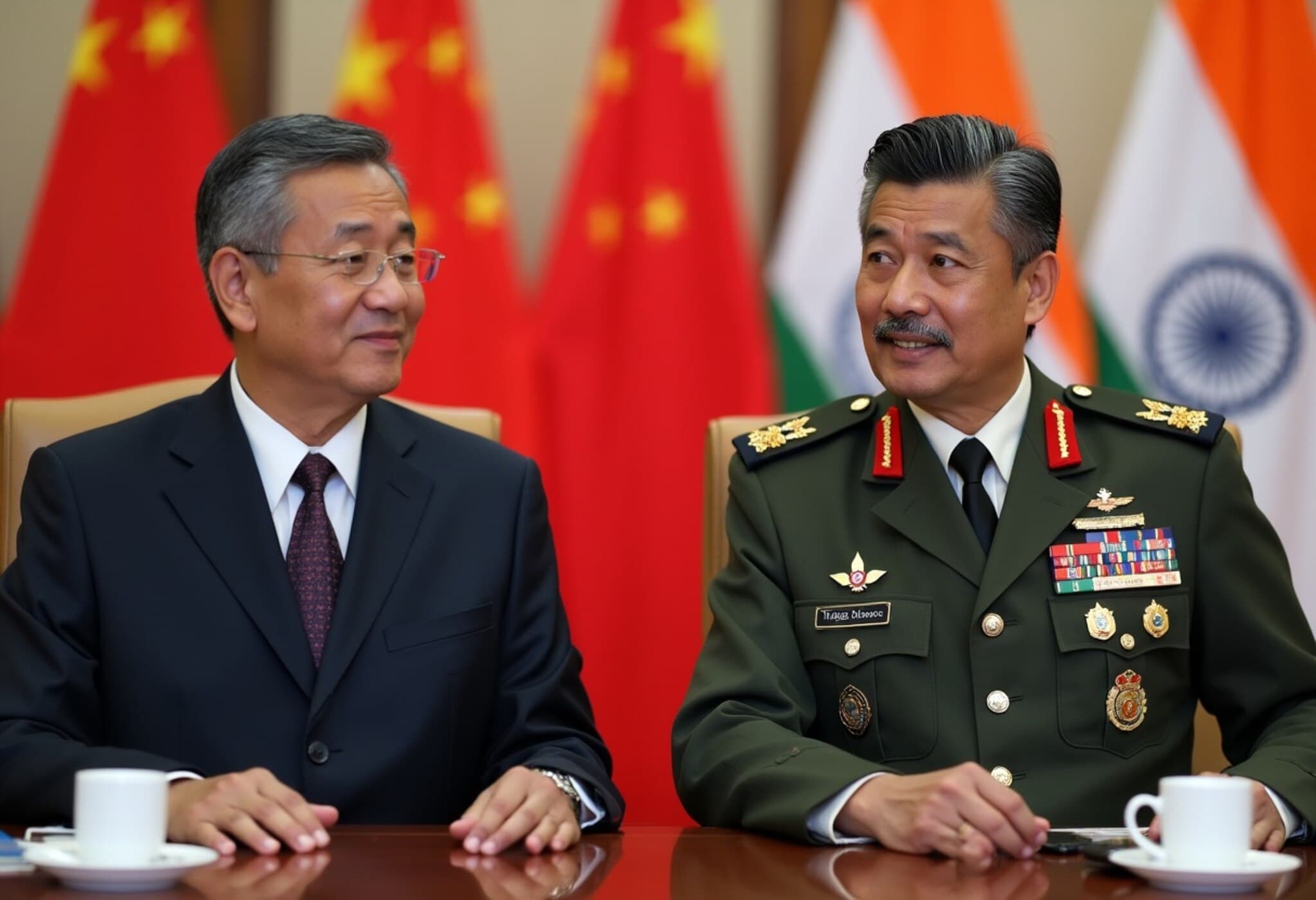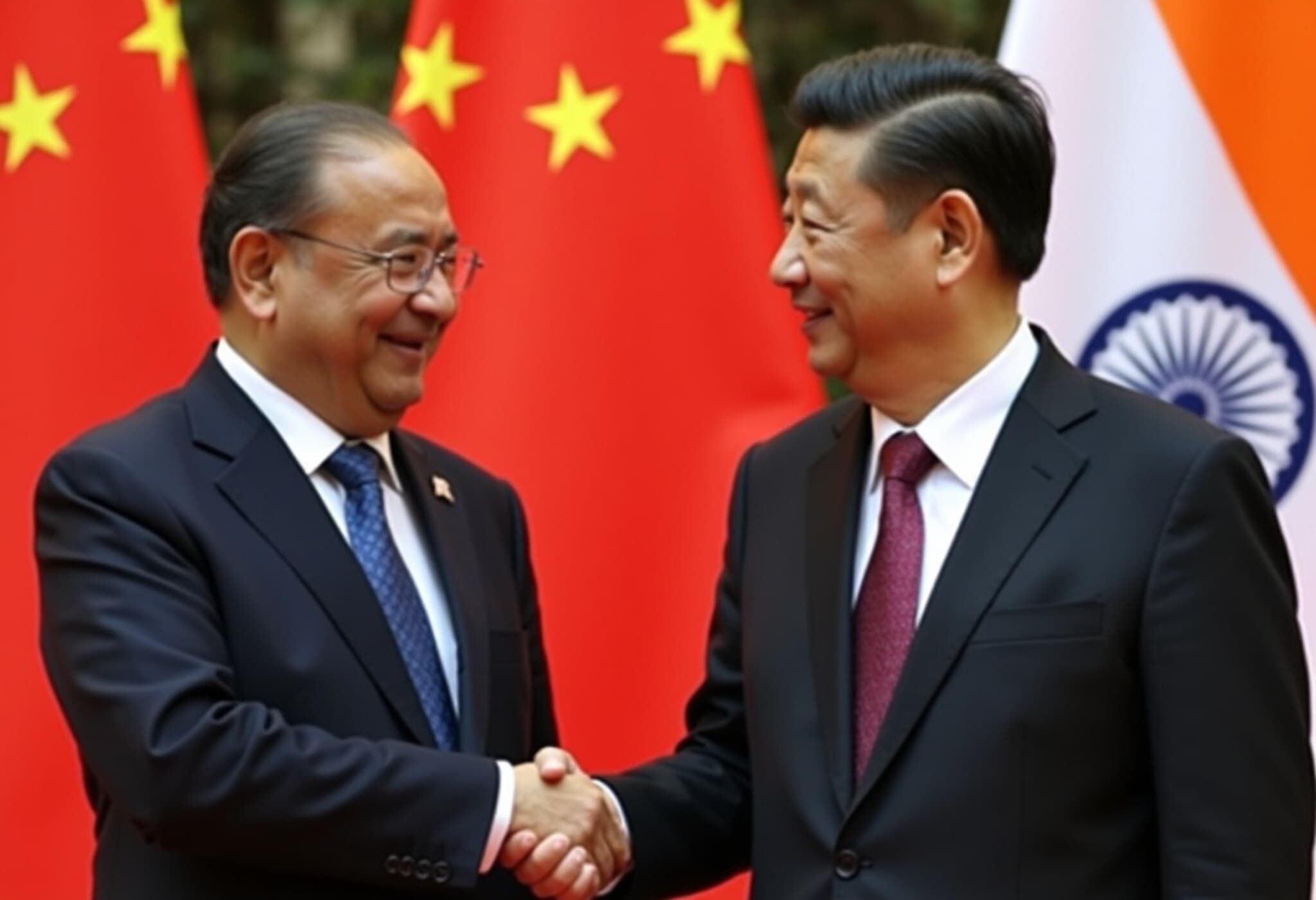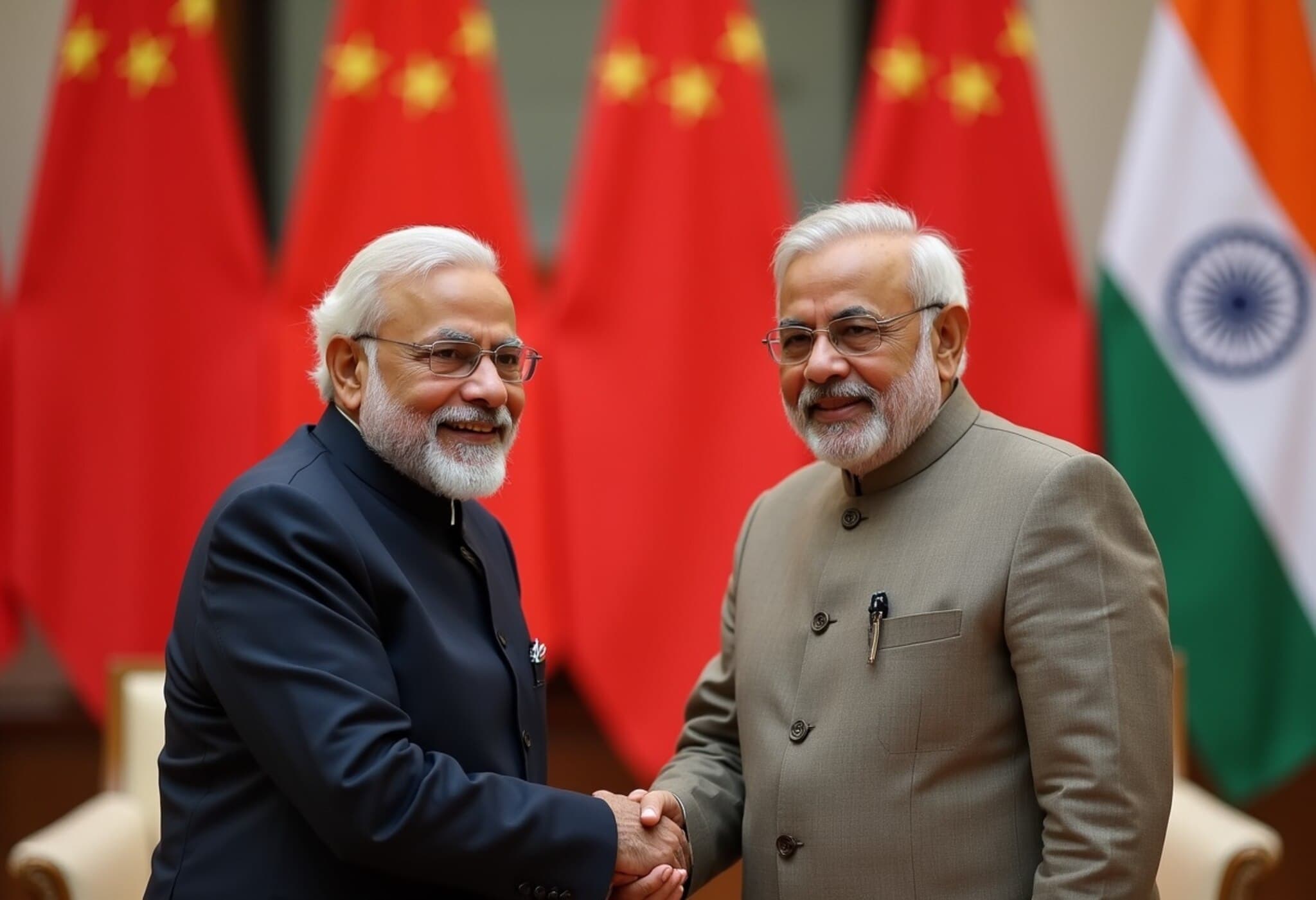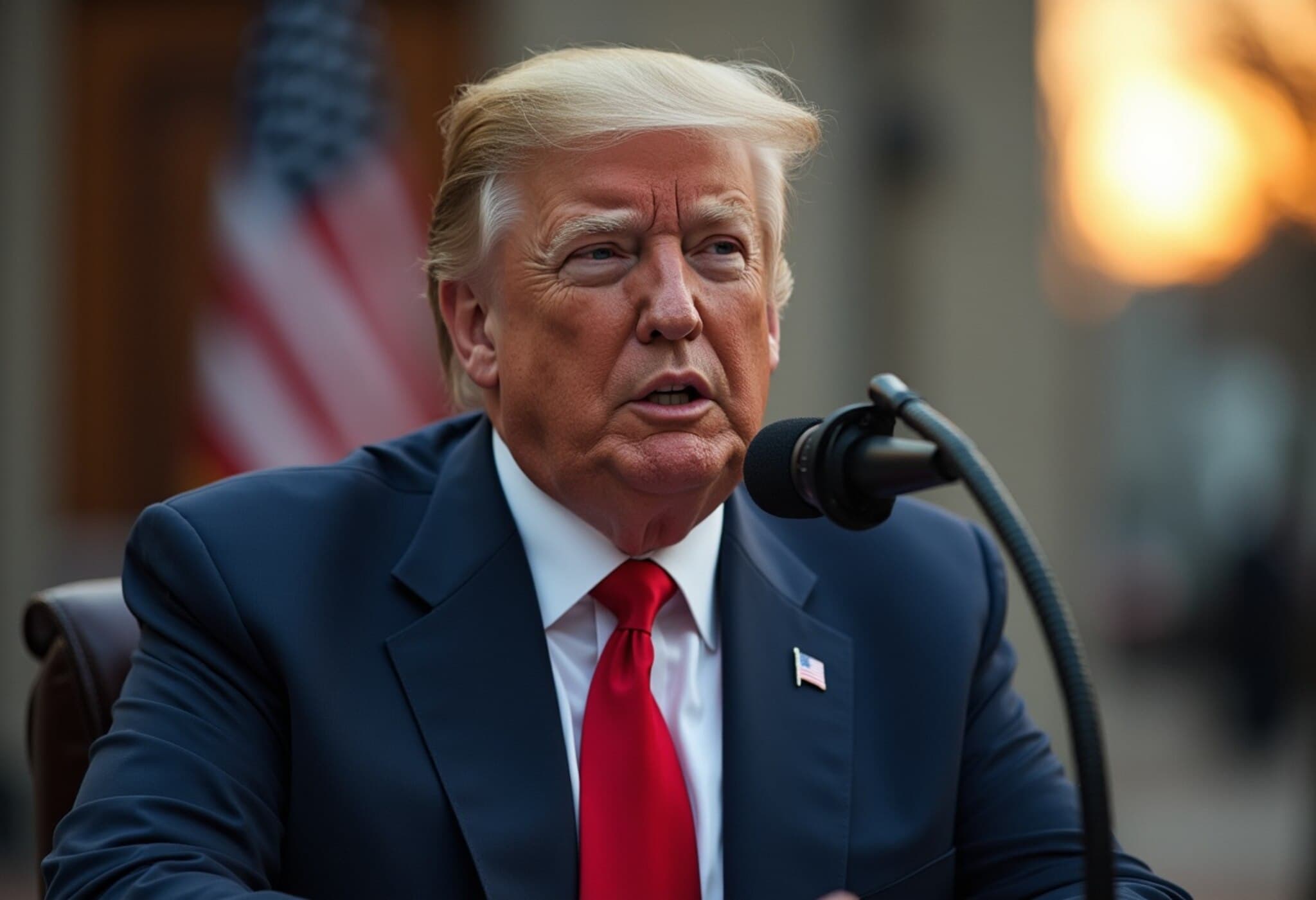India Reinforces Commitment to Combat Terrorism at SCO Foreign Ministers' Meeting
In a firm display of diplomatic resolve, Indian External Affairs Minister S. Jaishankar reiterated India’s unwavering pursuit of justice for the victims of the tragic Pahalgam attack during the Shanghai Cooperation Organisation (SCO) foreign ministers' meeting held recently in China.
A Call for Unified Action Against Terrorism
Addressing fellow SCO members, Jaishankar emphasized that the brutal April assault, which claimed the lives of 26 innocent civilians, was strategically aimed at undermining Jammu and Kashmir’s rapidly growing tourism sector and fomenting communal discord.
He cited the United Nations Security Council’s (UNSC) strong condemnation of the attack as a historic affirmation of the global community’s stance against terrorism. Urging the SCO to uphold an "uncompromised" stand against all forms of terrorism, Jaishankar underscored India’s persistent efforts to bring the perpetrators to justice.
Emphasizing Sovereignty and Mutual Respect in Regional Cooperation
Jaishankar further articulated India's vision for future SCO collaborations, insisting that new initiatives must be founded on the principles of mutual respect, sovereign equality, and territorial integrity. This call comes amid growing international debate over China's Belt and Road Initiative (BRI), which has been criticized for allegedly overlooking national sovereignty and lacking transparency.
Reflecting on the SCO’s core mission to combat terrorism, separatism, and extremism, Jaishankar highlighted how these challenges are often intertwined, noting the Pahalgam attack as a stark illustration of this dangerous combination.
Engagement with Global Counterparts to Address Wider Security Concerns
Beyond the SCO forum, Jaishankar engaged in separate bilateral discussions with Russian Foreign Minister Sergei Lavrov and Chinese Foreign Minister Wang Yi. In these talks, he reviewed the trajectory of India’s ties with both powers, alongside deliberations on evolving regional security dynamics, particularly concerning the complex situation in West Asia.
Additionally, Jaishankar met China’s President Xi Jinping to discuss recent developments in bilateral relations — a crucial dialogue as India navigates balancing cooperation with strategic autonomy.
Contextual Insights: The Pahalgam Attack and Its Broader Implications
- The attack’s timing and target signal a concerted effort by anti-national elements to destabilize Jammu and Kashmir’s socio-economic fabric through violence and fear.
- India’s international strategy involves leveraging multilateral platforms like the SCO to foster a collective front against terrorism and to hold violators accountable.
- Balancing acts at the SCO also manifest in India’s nuanced engagement with China and Russia, highlighting the complex geopolitics influencing South and Central Asia.
Looking Ahead: Critical Questions and Regional Stability
While India’s proactive stance is clear, several pressing questions remain: How effectively can SCO members unify their counterterrorism policies given divergent national interests? What role will economic initiatives like the BRI play in either mitigating or exacerbating regional tensions? Can enhanced diplomatic dialogues translate into tangible security and economic benefits for Jammu and Kashmir and beyond?
Editor's Note
The Pahalgam attack serves as a grim reminder of the persistent threats faced by India’s north-eastern regions, but it also underscores the importance of multilateral cooperation in tackling terrorism. India’s appeal at the SCO highlights a strategic push for collective responsibility amidst a shifting geopolitical landscape. Readers are encouraged to consider the complex interplay of sovereignty, security, and regional diplomacy shaping South Asia’s future stability.

